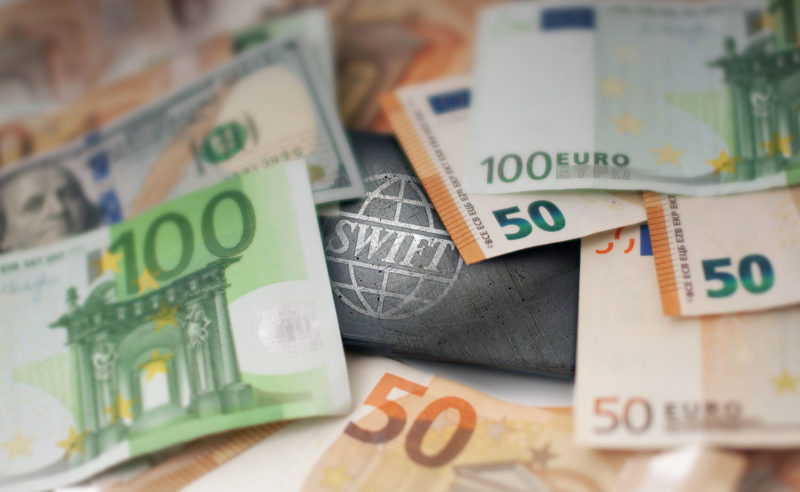

Geopolitics: from hegemony to multipolarity
The geopolitical tug-of-war between East and West in recent years has revealed a paradigm shift that is becoming increasingly evident. We have returned to a multipolar world where US hegemony is losing strength year by year. We analyse the causes and consequences of this rebalancing and sharing of global power.
The world is more interconnected than ever, but power is more distributed. The distribution of power in global geopolitics has historically varied between states. From the bipolar system established during the Cold War period, in which two great powers shared power, a unipolar world emerged after the collapse of the USSR and the communist bloc. This change in the world order established a substantive US hegemony based on two pillars: military and economic power.
Yet the scope and pre-eminence of American geopolitical influence was unique and went far beyond the definition of a traditional superpower. D. Hubert Vedrine, the French foreign minister, coined a new term, hyper-power, to describe a domain of power that not only dictated the global economic, technological or military realm, but also included the cultural imperialism sarcastically detailed by members of the German music group Rammstein in the well-known song Amerika.
That said, the international community was quick to plant the seeds to challenge this new status quo. Emerging economies, such as the BRICS bloc, began to position themselves in an organised way on the international stage, giving meaning to the concept of a multipolar world that defined the foundations of a new political and economic order.
The rise of Asia and the decline of the West
In 1988, the Chinese leader Deng Xiaoping told the then Indian prime minister Rajiv Gandhi
that the arrival of the ‘Asian century’ was far from a foregone conclusion until China, India, and neighbouring countries developed. Three decades later, very few doubt that we are living in a new golden age of Asia. Asia is the world’s fastest-growing region and the largest contributor to global GDP, with China as the world’s second-largest economy.
Economic cycles and financial markets are less and less focused on the United States. The use and abuse of economic sanctions against any corporation or country, even allied countries, that does not submit to the interests of the American giant only strengthen efforts by China, Russia, and other countries not aligned to the Western geopolitical bloc to create alternative economic systems.
Beijing, with its focus on gaining technological independence and linking other countries to the Belt and Road Initiative, invests its capital, helping to lift the regional economies of parts of the world forgotten by the West, or from which former colonial powers demand much more, often with the use of force, for little in return. A whole set of multiple alliances that further divide and distribute centres of power and influence.
While we are facing a necessary and inevitable rebalancing of the world order, ultimately, whether states can make good use of the resurgence of this new trend towards multipolarity will depend on their geostrategic location, demographics, energy resources, and, above all, their economic power, which will demarcate the limits of their autonomy relative to the established superpowers.
11Onze is the fintech community of Catalonia. Open an account by downloading the super app El Canut on Android and Apple and join the revolution!





Gràcies
Gràcies, Joan!!!
Ok 👍
Gràcies, Josep!!!
Bon article.
Gràcies, Pere. Seguim!
El món en constant moviment… va canviant el poder i geoestratègia cada vegada amb més acceleració
Això ens fa estar en constant aprenentatge, i més pel que sembla que es veu venir. Gràcies, Laura.
Moltes gràcies per aquesta lliçó d’historia👍
Gràcies a tu per ser-hi i per haver-t’hi interessat… Moltes gràcies pel teu comentari, Jordi!!!
👍
Gràcies, Manel!!!
Des que el món és món hi ha hagut imperis. Neixen, s’expandeixen i després ve el declivi. El poder és una droga. A veure quin gegant asiàtic ens vindrà al damunt.
No seran tan barruers com els EEUU perquè la tecnologia els permetrà ser més sibil·lins, més manipuladors. Com a país petit, haurem d’estar amatents a que no ens xuclin l’ economia i la identitat ( Amb el veí que tenim tot i no ser un imperi, ja li vé de poc.)
Moltes gràcies pel teu comentari, Mercè!!!
👏👏👏
👍